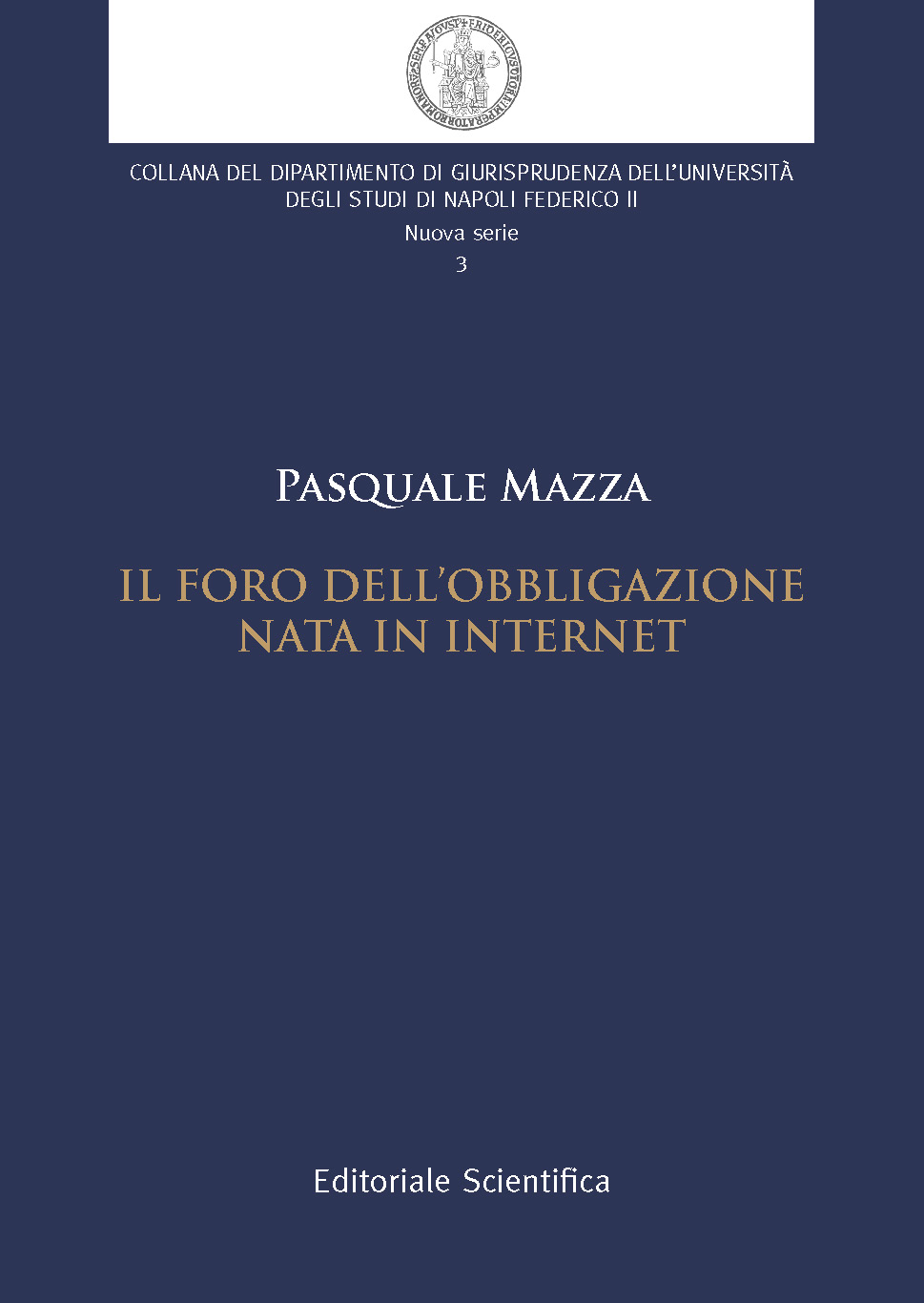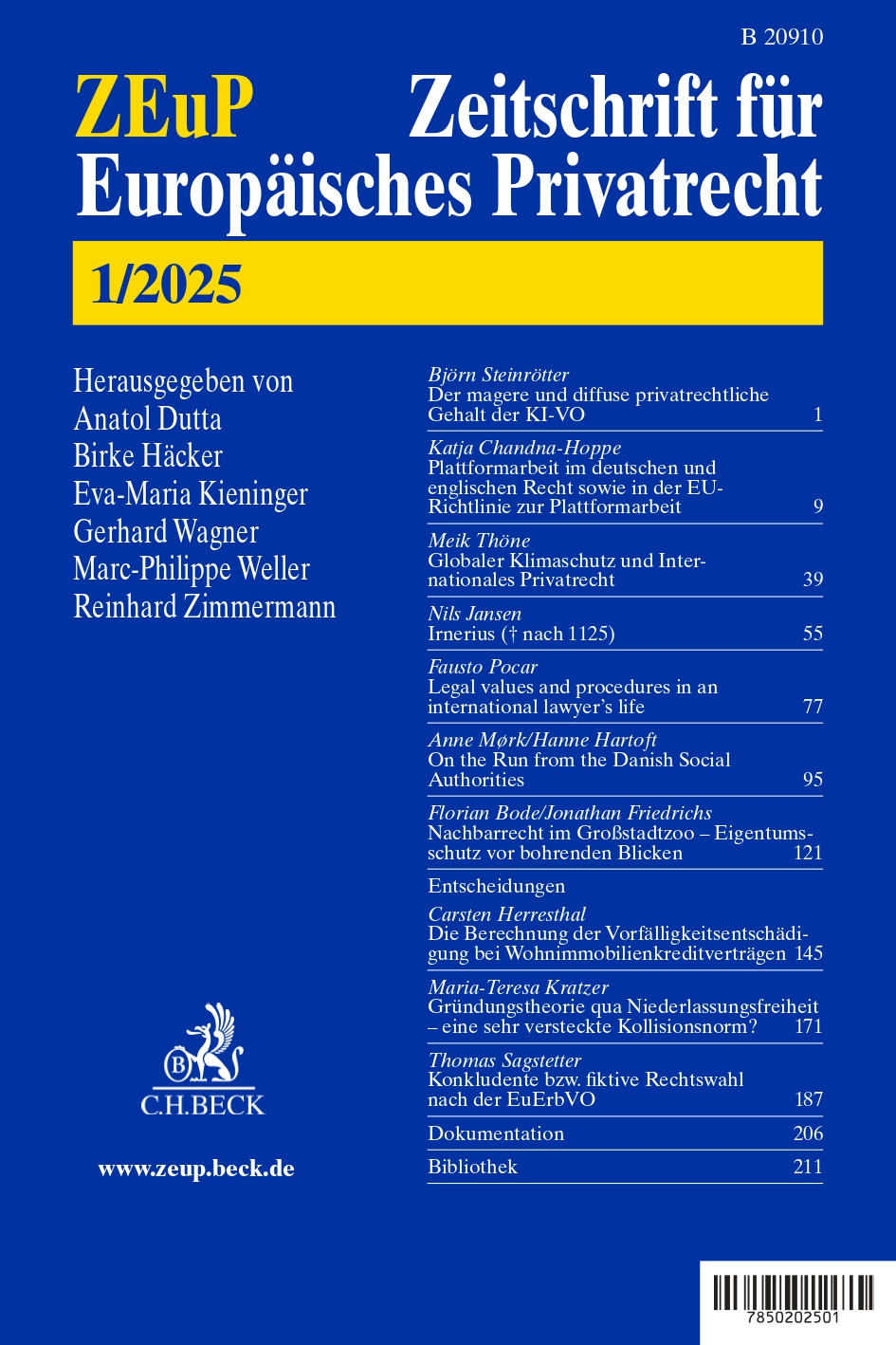Views
Which Law Governs Subject Matter Arbitrability in International Commercial Disputes?
Written by Kamakshi Puri[1]
Arbitrability is a manifestation of public policy of a state. Each state under its national laws is empowered to restrict or limit the matters that can be referred to and resolved by arbitration. There is no international consensus on the matters that are arbitrable. Arbitrability is therefore one of the issues where contractual and jurisdictional natures of international commercial arbitration meet head on.
Choice of law rules and statutory interpretation in the Ruby Princess Case in Australia
Written by Seung Chan Rhee and Alan Zheng
Suppose a company sells tickets for cruises to/from Australia. The passengers hail from Australia, and other countries. The contracts contain an exclusive foreign jurisdiction clause nominating a non-Australian jurisdiction. The company is incorporated in Bermuda. Cruises are only temporarily in Australian territorial waters.
German Federal Court of Justice: Article 26 Brussels Ia Regulation Applies to Non-EU Defendants
By Moses Wiepen, Legal Trainee at the Higher Regional Court of Hamm, Germany
In its decision of 21 July 2023 (V ZR 112/22), the German Federal Court of Justice confirmed that Art. 26 Brussels Ia Regulation applies regardless of the defendant’s domicile. The case in question involved an art collector filing suit against a Canadian trust that manages the estate of a Jew who was persecuted by the German Nazi regime. The defendant published a wanted notice in an online Lost Art database for a painting that the plaintiff bought in 1999. The plaintiff considers this as a violation of his property right.
News
Call for Papers: Contributions on Regulatory Initiatives on Ecodesign and Sustainable Products to the Journal of Law, Market & Innovation (JMLI)
We are happy to share the following call for papers by the Journal of Law, Market & Innovation (JMLI):
The JLMI invites contributions on the subject of “Regulatory Initiatives on Ecodesign and Sustainable Products”, to explore the legal frameworks, challenges, and opportunities related to ecodesign, with the goal of fostering an in-depth understanding of how it can influence economic growth and how it will be integrated in the current legal framework. This Special Section invites scholarly contributions examining the role of emerging sustainability initiatives, introducing new sustainability requirements and responsibilities, particularly in the EU regulatory framework. Read more
Out Now: Mazza, ‘Il foro dell’obbligazione nata in internet’
An impressive Italian monograph of more than 400 pages on jurisdiction in internet cases (‘Il foro dell’obbligazione nata in internet’) has just been published.
The author has kindly provided the following summary:
The book addresses the topic of civil jurisdiction over disputes arising on the Internet, observing it from different perspectives. In the first chapter the Author delves into the United States case law on the so-called “Internet torts”, reaching the conclusion that solutions based on the targeting test could be usefully employed to draft an international convention with the aim of establishing rules in the current confusing scenario. In the second and third chapters the doctrine of forum non conveniens and the phenomenon of libel tourism are explored in-depth. The fourth chapter examines the main decisions issued by the CJEU concerning jurisdiction over contractual and extracontractual liability (including cases such as eDate, Bolagsupplysningen, Pammer, etc.), while the fifth chapter is focused solely on Italian procedural rules and case law. In the last two chapters, starting from the assumed need to ensure the effectiveness of judicial remedies, the problems of the extraterritorial scope of online content removal orders as well as important EU Regulations (mostly the Digital Services Act and the GDPR) are examined, with finally a part on the “Schrems saga” and the EU-US agreements on the transfer of personal data (including the EU-US Data Privacy Framework).
ZEuP – Zeitschrift für Europäisches Privatrecht 1/2025
A new issue of ZEuP – Zeitschrift für Europäisches Privatrecht is now available and includes contributions on EU private law, comparative law and legal history, legal unification, private international law, and individual European private law regimes. The full table of content can be accessed here: https://rsw.beck.de/zeitschriften/zeup.
 The following contributions might be of particular interest for the readers of this blog: Read more
The following contributions might be of particular interest for the readers of this blog: Read more


